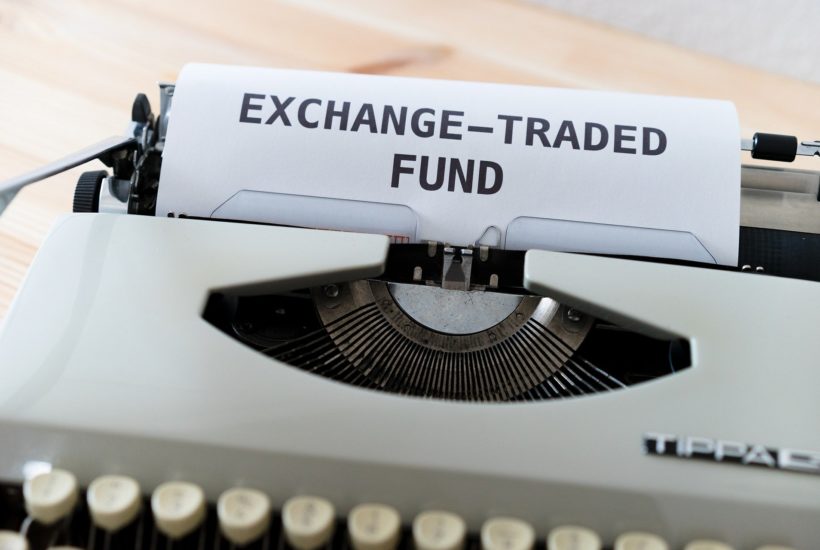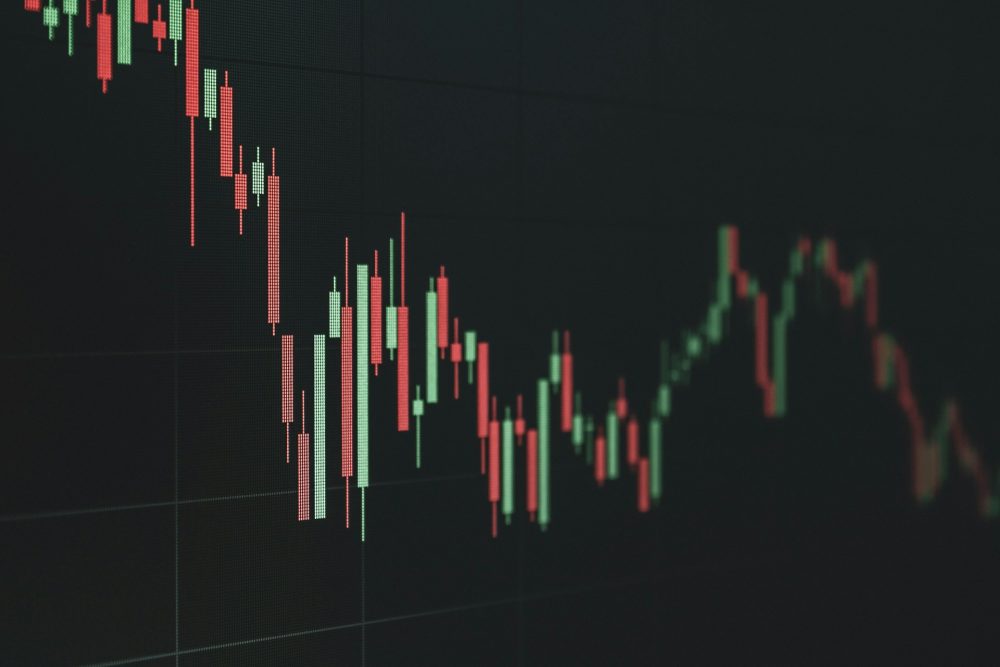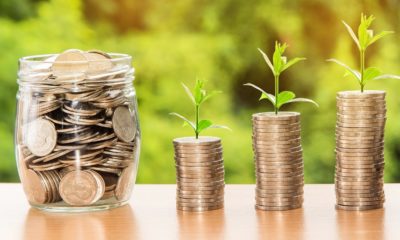Featured
Fidelity just launched three sustainability-focused ETFs
The asset manager Fidelity jumps on the sustainability trend and launches suitable ETFs – with one special feature: the stock selection is based on the assessments of its own analysts. Meanwhile, its competitor Amundi is expanding its “good conscience” range and also listed eight ETFs with a sustainable orientation on the Frankfurt Stock Exchange, based on barometers of the provider MSCI.

The fund company Fidelity International complements its product range with three exchange-traded index funds (ETFs) that pursue a sustainable investment strategy. The funds track indices developed by the company itself, each focusing on global, US, and European equities. The barometers include stocks of companies that receive good ratings in the in-house sustainability rating. The Fidelity analysts select companies with positive prospects and a sustainable business model.
The asset manager introduced its own sustainability rating in the summer of 2019, which assesses companies according to ecological and social criteria as well as aspects of good corporate governance (ESG). The reason for the in-house development at the time was that existing ESG ratings relied heavily on the information provided by the companies and were too focused on the past and too little on the future. The provider had started to build up a range of sustainable, active funds in the autumn.
If you want to find more details about the last sustainability-focused ETFs launched by the company Fidelity and to read the most important business headlines, download for free the Born2Invest mobile app.
ETFs and sustainability criteria should not be ignored
Now, the company is also launching products in the passive field. The three ETFs have been listed on the German and London stock exchanges since June 3rd. The running costs of the Fidelity Sustainable Research Enhanced series range between 0.30 and 0.35 percent per annum. Depending on the region, the portfolios contain between 250 and 500 stocks, whose weighting is rebalanced quarterly.
Christian Machts, Head of Third-party Sales Germany, Austria and Eastern Europe at Fidelity, explained the decision to launch the ESG ETFs when presenting the new series with the significant growth experienced by the combination of sustainability and passive investments. “For anyone involved in asset management, these are issues to deal with and a position to hold. These are not to be ignored under any circumstances.”
ETF head Nick King described the new funds as a kind of hybrid between active and passive products. “They offer broad access to the markets, but are focused on stocks with a strong fundamental and sustainable outlook.” He emphasised that Fidelity’s sustainability rating not only captures the existing ESG profile of companies, but also their efforts to make their business more sustainable. “So the funds provide fundamental research on the costs of passive investing.”
ETFs play a crucial role on the stock market
One day earlier, on June 2nd, the French fund giant Amundi had also listed eight ETFs with a sustainable orientation on the Frankfurt Stock Exchange. The funds are based on barometers of the provider MSCI and cost 0.15 to 0.18 percent annually. They cover global, US, European and eurozone equities.
“ETFs and index investments will play a decisive role for all investor groups in helping sustainable investment strategies to achieve a further breakthrough,” said Fannie Wurtz, Head of Amundi ETF, Indexing & Smart Beta. “With the new ESG ETFs we are also taking into account the fact that experience shows that there are no standard solutions for ESG investments that meet the needs of all investors.” The company will launch more sustainable ETFs, Wurtz announced.
__
(Featured image by viarami via Pixabay)
DISCLAIMER: This article was written by a third party contributor and does not reflect the opinion of Born2Invest, its management, staff or its associates. Please review our disclaimer for more information.
This article may include forward-looking statements. These forward-looking statements generally are identified by the words “believe,” “project,” “estimate,” “become,” “plan,” “will,” and similar expressions. These forward-looking statements involve known and unknown risks as well as uncertainties, including those discussed in the following cautionary statements and elsewhere in this article and on this site. Although the Company may believe that its expectations are based on reasonable assumptions, the actual results that the Company may achieve may differ materially from any forward-looking statements, which reflect the opinions of the management of the Company only as of the date hereof. Additionally, please make sure to read these important disclosures.
First published in FONDS ONLINE, a third-party contributor translated and adapted the article from the original. In case of discrepancy, the original will prevail.
Although we made reasonable efforts to provide accurate translations, some parts may be incorrect. Born2Invest assumes no responsibility for errors, omissions or ambiguities in the translations provided on this website. Any person or entity relying on translated content does so at their own risk. Born2Invest is not responsible for losses caused by such reliance on the accuracy or reliability of translated information. If you wish to report an error or inaccuracy in the translation, we encourage you to contact us.

-

 Crowdfunding2 weeks ago
Crowdfunding2 weeks agoNewcleo Raises $85 Million to Advance Fourth-Generation Nuclear Reactors
-

 Biotech6 days ago
Biotech6 days agoDNA Origami Breakthrough in HIV Vaccine Research
-

 Markets2 weeks ago
Markets2 weeks agoGold’s Historic Surge and Sudden Crash Signal Volatility, Not Defeat
-

 Cannabis3 days ago
Cannabis3 days agoWhen a Cutting Becomes a Cannabis Plant: Court Clarifies Germany’s Three-Plant Rule

























